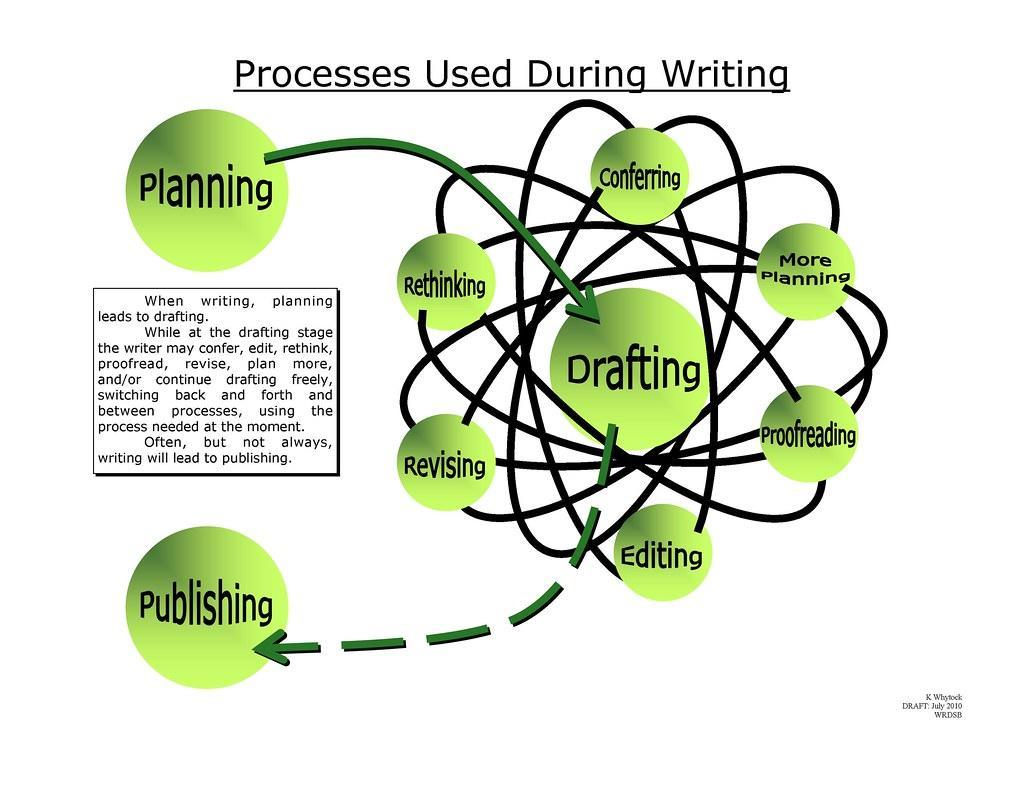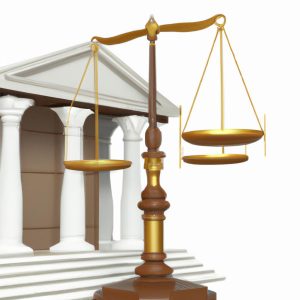Deciphering the complex legal puzzle of asset distribution to beneficiaries can be a daunting task. As experienced practitioners in estate planning, probate, elder law, wills, and trusts, Morgan Legal Group takes pride in guiding our clients through this intricate process with clarity and expertise. In this article, we will delve into the process of distributing assets to beneficiaries, shedding light on the crucial steps and considerations involved. Join us as we unravel the mystery behind ensuring a smooth and seamless transfer of wealth to your loved ones.
Understanding the Probate Process for Distributing Assets
When it comes to the probate process for distributing assets to beneficiaries, there are several key steps that must be carried out to ensure a smooth and lawful transfer of wealth. Firstly, all of the decedent’s assets must be identified and valued. This includes real estate, financial accounts, personal belongings, and any other assets of value. Once this is complete, the executor of the estate will need to locate and notify all potential beneficiaries who are entitled to a share of the estate.
Next, the executor will need to pay off any outstanding debts and taxes owed by the estate before distributing assets to beneficiaries. This ensures that creditors are properly compensated and that the beneficiaries receive their full entitlement. Finally, the assets can be distributed to beneficiaries according to the terms of the decedent’s will or state intestacy laws if there is no will in place. It is important to note that the probate process can be complex and time-consuming, which is why it is highly recommended to seek the guidance of an experienced estate planning attorney to help navigate the process effectively.
Key Considerations for Identifying Beneficiaries and Assets
When distributing assets to beneficiaries, there are several key considerations that must be taken into account. First and foremost, it is crucial to properly identify all beneficiaries listed in the will. This includes ensuring that each beneficiary is clearly named and their relationship to the deceased is accurately stated. Additionally, it is important to verify the legitimacy of each beneficiary to avoid any potential disputes or legal challenges in the future.
Once all beneficiaries have been identified, the next step is to determine the assets that will be distributed to each individual. This process involves assessing the value of the estate, including any real estate, investments, personal property, and financial accounts. It is essential to create a comprehensive list of assets and their respective values to ensure that the distribution is fair and equitable. Moreover, consulting with a legal professional specializing in estate planning and probate can help navigate any complexities that may arise during the asset distribution process.
Navigating the Legal Requirements for Asset Distribution
When it comes to distributing assets to beneficiaries, it is crucial to adhere to the legal requirements in order to avoid any potential disputes or complications. One key step in the process is identifying all of the assets that are part of the estate. This includes real estate, bank accounts, investments, personal property, and any other valuable possessions. Once the assets have been identified, they must be valued accurately to determine their worth.
After the assets have been valued, the next step is to determine how they will be distributed among the beneficiaries. This involves reviewing the terms of the will or trust, if one exists, to ensure that the assets are distributed according to the deceased’s wishes. If there is no will or trust in place, state laws will dictate how the assets are distributed. It is important to follow these laws carefully to ensure that the distribution process is carried out legally and fairly. Working with an experienced estate planning attorney can help navigate the complexities of asset distribution and ensure that all legal requirements are met.
Best Practices for Efficiently Distributing Assets to Beneficiaries
When it comes to efficiently distributing assets to beneficiaries, there are several best practices that should be followed to ensure a smooth process and avoid any potential disputes or delays. One key step is to clearly outline the distribution plan in the individual’s estate planning documents, such as a will or trust. This helps provide clarity and guidance for the executor or trustee responsible for carrying out the distribution.
Another important practice is to maintain thorough and organized records of all assets, liabilities, and beneficiaries. This includes keeping updated beneficiary designation forms for assets like retirement
 What Is the Process for Distributing Assets to Beneficiaries?
What Is the Process for Distributing Assets to Beneficiaries?
When a loved one passes away, they leave behind an estate, which includes all of their assets, property, and possessions. These assets need to be properly distributed to the beneficiaries named in the deceased’s will or determined by state law. This process, known as probate, can be complex and time-consuming, and it is essential to understand the steps involved to ensure a smooth distribution of assets. In this article, we will discuss what the process for distributing assets to beneficiaries entails and provide valuable information to make the process easier for you.
Step 1: Obtain the Death Certificate
The first step in the process of distributing assets to beneficiaries is to obtain the death certificate. This document is essential as it serves as proof of the deceased’s passing and may be required for various legal and financial transactions. You can obtain a death certificate from the county clerk’s office where the death occurred or through the funeral home that handled the arrangements.
Step 2: Determine if Probate is Necessary
Before distributing assets to beneficiaries, you need to determine if probate is necessary. Probate is the legal process of validating the deceased’s will, paying off debts and taxes, and ultimately distributing the remaining assets to beneficiaries. If the deceased had a will, probate may be necessary unless the estate is small and falls within the state’s guidelines for small estates. If there is no will, then the estate will go through probate, and state laws will dictate how assets are distributed.
Step 3: Identify the Executor
If the deceased had a will, they have most likely appointed an executor, also known as a personal representative, to manage their estate’s distribution. This person is responsible for settling any outstanding debts and distributing assets according to the will’s instructions. It is essential to locate and notify the executor of their responsibilities, as they will play a significant role in the distribution process.
Step 4: Gather and Inventory Assets
The executor’s first task is to gather and inventory all of the estate’s assets. This includes bank accounts, investments, real estate, personal property such as vehicles, jewelry, and other valuables. The executor must also locate any debts or outstanding bills that need to be paid before distributing assets to beneficiaries.
Step 5: Appraise and Value Assets
Once all assets have been identified, the executor must have them appraised and valued. This step is crucial, as it determines the total value of the estate, which will impact how assets are distributed. This process can be complex, especially for high-value assets, and may require the assistance of a professional appraiser.
Step 6: Pay Debts and Taxes
Before distributing assets to beneficiaries, the executor must pay any outstanding debts and taxes. This includes funeral expenses, medical bills, credit card debt, and any taxes owed by the deceased or their estate. These debts must be paid before any assets can be distributed to beneficiaries.
Step 7: Distribute Assets to Beneficiaries
Once all debts and taxes have been paid, the executor can begin distributing assets to beneficiaries according to the instructions outlined in the will or state laws if there is no will. Assets can be transferred through various means, such as a transfer of title for real estate, a check for liquid assets, or physical possession of personal property.
Step 8: File Tax Returns and Close the Estate
After assets have been distributed to beneficiaries, the executor must file the deceased’s final income tax returns and estate tax returns if necessary. Once all legal and financial matters have been settled, the executor can close the estate and distribute any final remaining assets to beneficiaries.
Benefits of an Experienced Estate Planning Attorney
Although it is possible to distribute assets to beneficiaries without an attorney’s help, having an experienced estate planning attorney by your side can make the process smoother and more efficient. An attorney can provide guidance and legal advice to ensure that all legal requirements are met and that assets are distributed correctly.
First-Hand Experience
“I recently went through the process of distributing assets to beneficiaries after my father’s passing. It was a time-consuming and emotionally draining experience. Having a will in place made the process easier, but there were still many legal and financial matters to navigate. Hiring an estate planning attorney helped alleviate some of the stress and ensured that everything was done correctly and according to my father’s wishes.”
Conclusion
Distributing assets to beneficiaries can be a complicated and lengthy process, but it is essential to ensure that a loved one’s final wishes are carried out. It is crucial to follow the necessary steps and seek professional guidance if needed to ensure that assets are distributed correctly. By following the steps outlined in this article, you can make the process smoother and easier for all involved. Remember, proper estate planning can make the distribution process less burdensome for your loved ones in the future.












